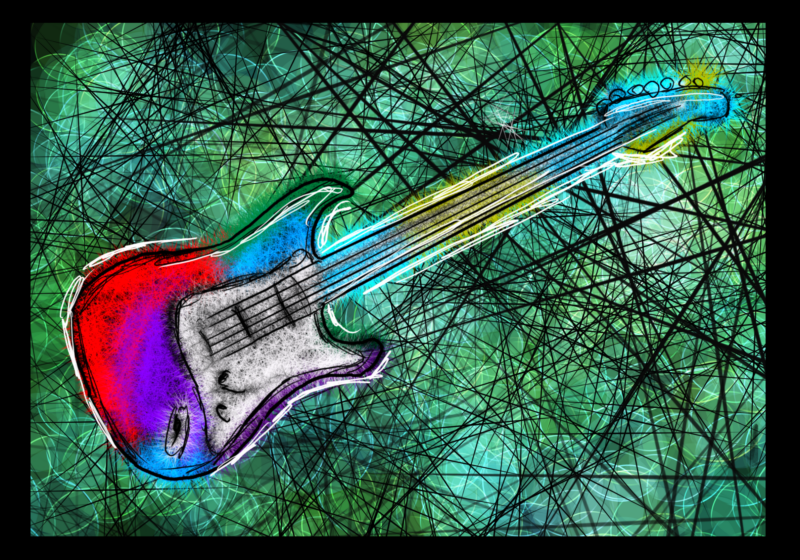Student a cappella group After Hours hit some high points—and some high notes—during their fall semester show, “The 2016 Election,” in Strong Auditorium on Friday, Nov. 6. Despite a few slow moments, the show was funny, robust and enjoyable, if a little on the lengthy side.
The show opened on a video segment that featured members of After Hours as candidates in the 2016 presidential race. At some a cappella concerts, these cinematic interludes serve as little more than filler between songs, but After Hours’s video was genuinely funny, skewering the presidential contenders with subtle humor. Sophomore Melanie Ottino drew laughs as “Melary Clinton,” junior John Queenan was funny and groan-inducing as “Johnald Trump and sophomore Jonathan Heinz mocked the youngest Bush’s mediocrity as “Jebathan Bush.” Dark Horse candidate “Ramblernie Sanders” was portrayed by a guest actor, junior Ben Hall, of the Midnight Ramblers.
The show started off strong with a rendition of “The Star-Spangled Banner” followed by “Bright,” by Echosmith, and an earnest medley of Keane’s “Somewhere Only We Know” and “Vienna” by Billy Joel. By midway through the first set, it was apparent that the sound mixing for the show was going to be a bit rocky. In any case, it was no fault of the After Hours singers, who dealt with the problem admirably, not missing a beat.
Three songs into the program, After Hours stepped off stage to make way for their first guest group of the evening. The Syracuse University Mandarins, an all-female a cappella group, sounded great and kept the audience warmed up for After Hours’ second set. Arguably the best song of the first half of the show, rolling out right before the intermission, was After Hours’s smooth cover of “Creep” by Radiohead.
After Hours might not have the explosive exuberance of some of UR’s other a cappella groups, but their vocals are nothing to scoff at, and they bring no shortage of fun to the stage. Friday night’s show was longer than it perhaps needed to be, but I can truthfully say I was still having fun even as the show rolled past the two-hour mark.
After the intermission, After Hours returned to the stage to perform songs by Mumford and Sons, Tori Kelly, and Sara
Bareilles. They took a break after those numbers and welcomed their second guest group. Louvre Performance Ensemble was really good, and danced to three songs; one slow instrumental song and two higher energy numbers. Following Louvre, After Hoursewas back to close their show with a final four songs, including their alumni song “And So It Goes.” It was the final song, however—Tori Kelly’s “Nobody Love”—that was the best of the bunch. At the close of the song, Rouse hit and sustained a note that you had to be there to believe; people were talking about that note on the way out of the theatre.
Complementing the last set was the final video segment, in which Melary, Johnald and the others gathered eagerly to learn the results of the presidential race. All four candidates were dismayed when the video revealed that America’s next president would be none other than the University’s very own Joel Seligman.
After the show, After Hours sold shirts emblazoned with Seligman’s visage, above the year “2020.” I almost bought one, but I think I’d rather wear one of Seligman’s actual shirts, so I’ll hold off until they sell those. Maybe they’ll beat the next concert.
The program for the show advised that the group is “hard at work producing their upcoming EP.” After Hours Publicity Manager Grant Sorbo confirmed that the name of the EP is still secret, but that the release is upcoming. “We’ll start teasing some more details online at the start of next semester,” Sorbo added.
Passanisi is a member of the class of 2017.




